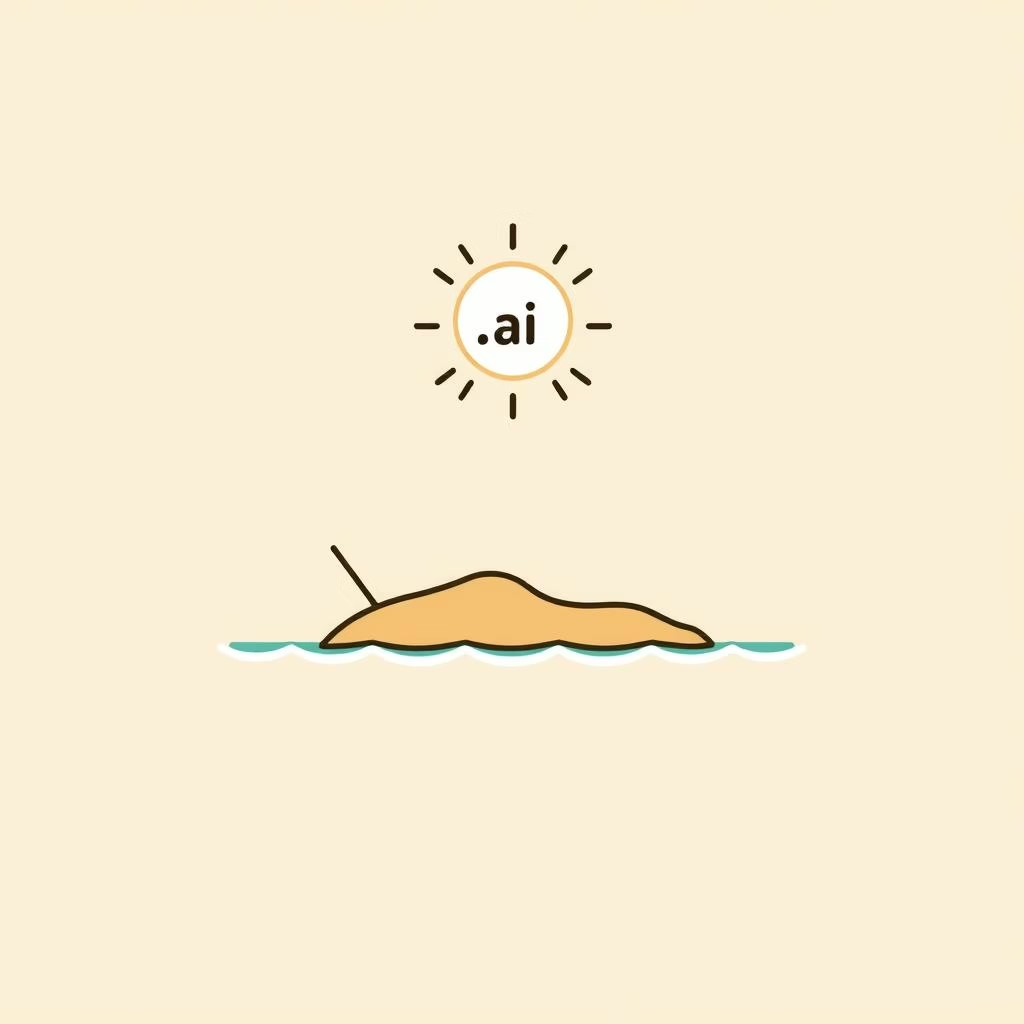
Picture this: under a sky so clear it feels like a fresh sheet, where the air hums with pure possibility, a speck of land in the Caribbean is raking in $39 million—from just three letters: .ai. Anguilla’s windfall isn’t about beaches or resorts; it’s all about that tiny domain. And honestly? It’s got me thinking about our kids in the most delightful way.
When a Dot Makes a World of Difference
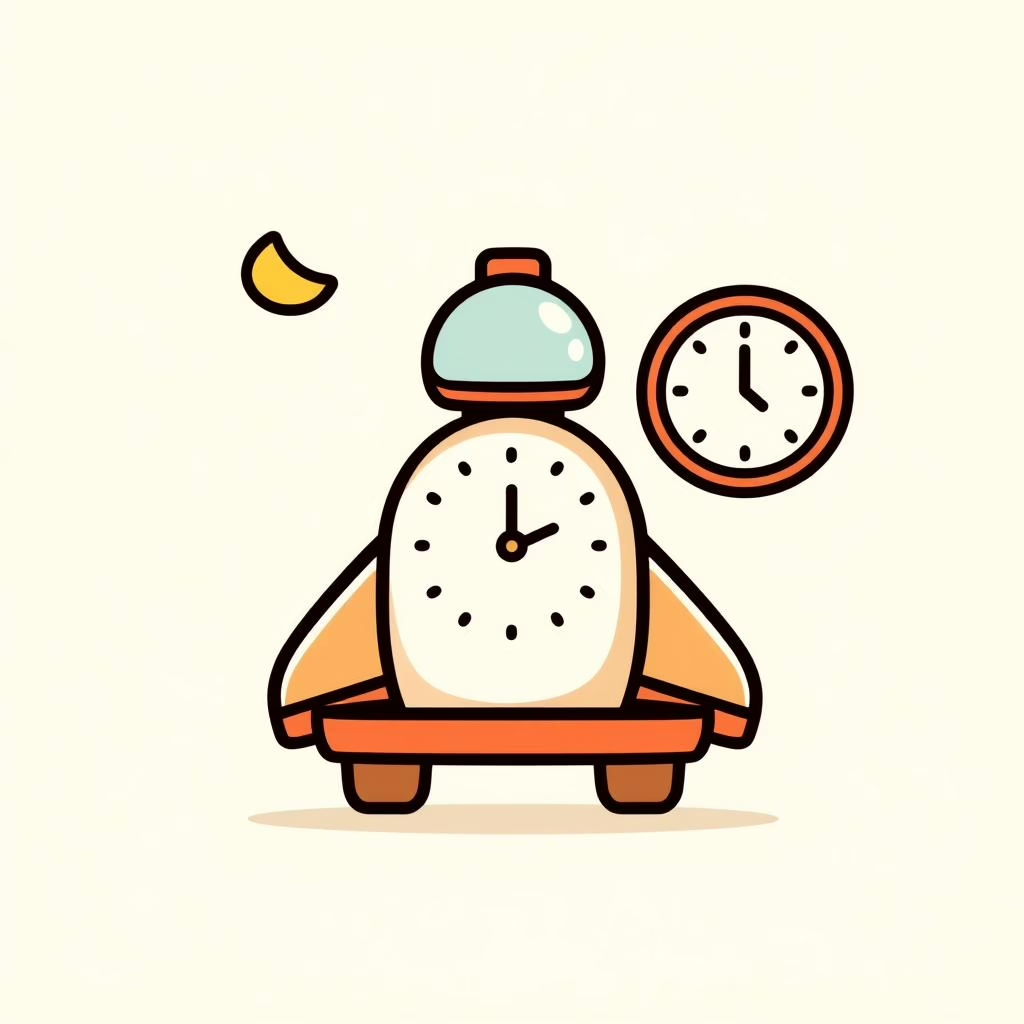
Anguilla, a British territory barely bigger than your neighborhood park, struck digital gold. Their assigned internet code—‘.ai’—suddenly became the hottest ticket in the AI boom, pulling in nearly a quarter of the island’s entire revenue last year. They didn’t build ChatGPT or invent AI; they simply held onto a two-letter code since 1995 until the world needed it. Like that time your kid saved a single Lego piece for weeks, then suddenly built a spaceship from it—tiny foundations creating giant opportunities.
What warms my heart? This isn’t about tech expertise. It’s about patience and possibility. Anguilla’s leaders waited decades for the right tide to lift their boat. And isn’t that what we want for our kids? To understand that small, steady efforts—like nurturing curiosity today—can lead to unexpected joy tomorrow.
The Ripple Effect of Tech Waves
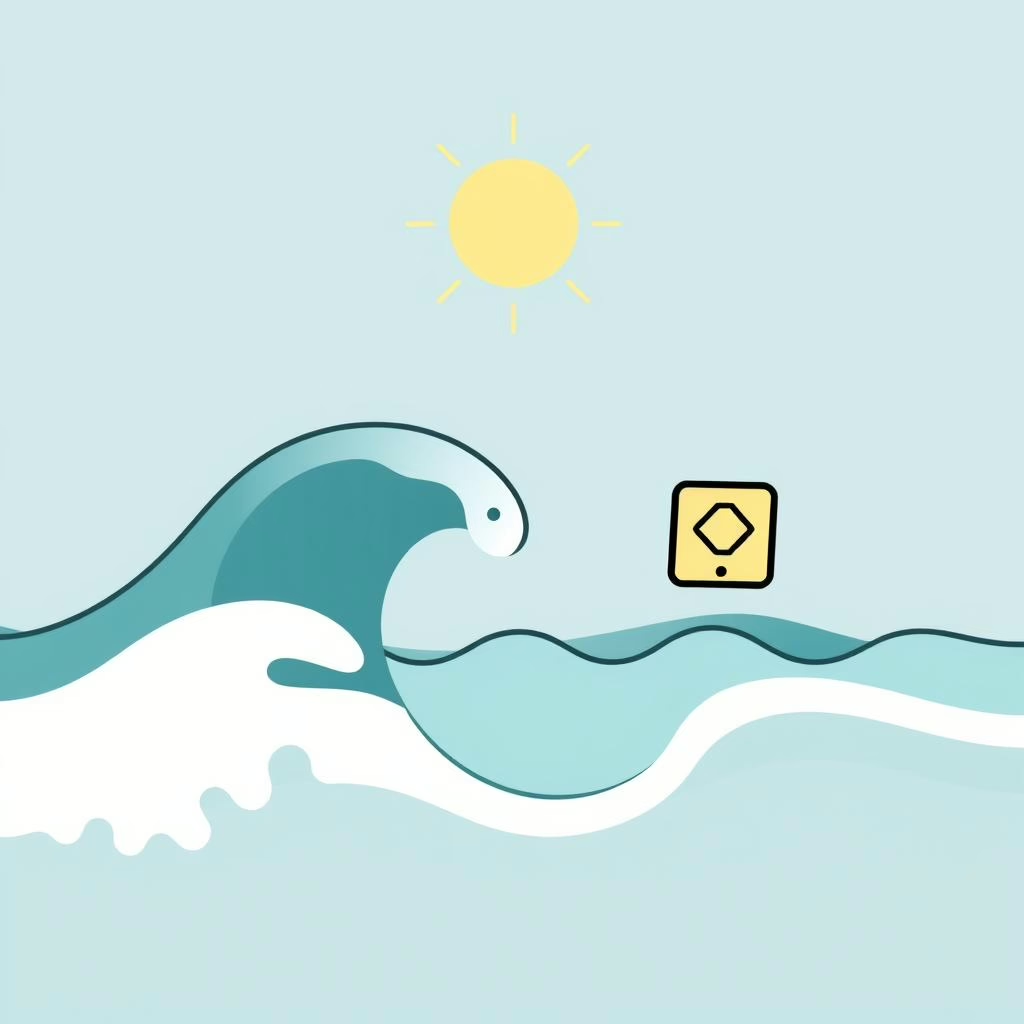
Here’s what struck me: Anguilla’s boom didn’t replace tourism—it complemented it. Just like how our family adventures mix museum visits with muddy park hikes, tech should weave into life, not dominate it. When AI trends crash like ocean waves, our kids don’t need to ride every crest; they need balance to stay afloat.
Think about it: the tech landscape shifts faster than bedtime stories. One minute it’s robots drawing pictures, the next it’s voice-controlled toys. Our magic isn’t predicting the next wave—it’s teaching kids to swim gently through change. Remember that playground chat where a little girl explained how her ‘robot friend’ follows voice commands? Her mom didn’t quiz her; she asked, ‘What else should it learn?’ That’s the vibe: responding to curiosity with wonder, not worry.
Cultivating Curiosity, Not Just Code
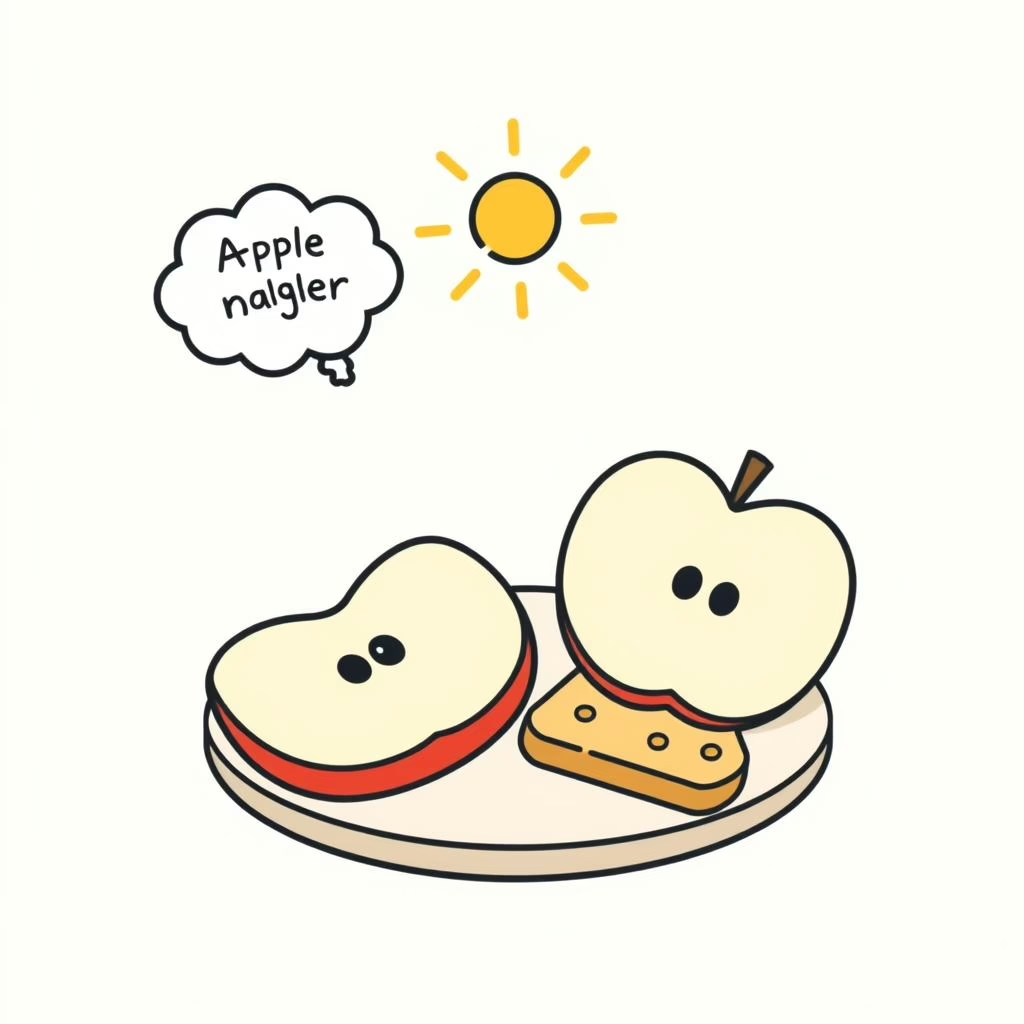
So how do we do this without pressure? Swap ‘AI lessons’ for ‘what if’ moments during ordinary days. Over a snack of apple slices and crackers, ask: ‘What if your teddy bear could learn from mistakes? How would you teach it?’ Or while walking outside, wonder: ‘Could trees talk to robots?’ No screens needed—just imagination sparked by the breeze.
These aren’t tests; they’re invitations to co-explore. Anguilla didn’t force innovation—they simply made space for it to bloom. Similarly, when we frame tech as a playground (not a pressure cooker), kids dive deeper. Like that time my neighbor’s kid ‘fixed’ a toy’s ‘sick battery’ by tucking it under a sunbeam: pure problem-solving, zero panic. The goal? Raising kids who see tools as helpers, not hurdles.
Balancing Bytes and Backyard Adventures
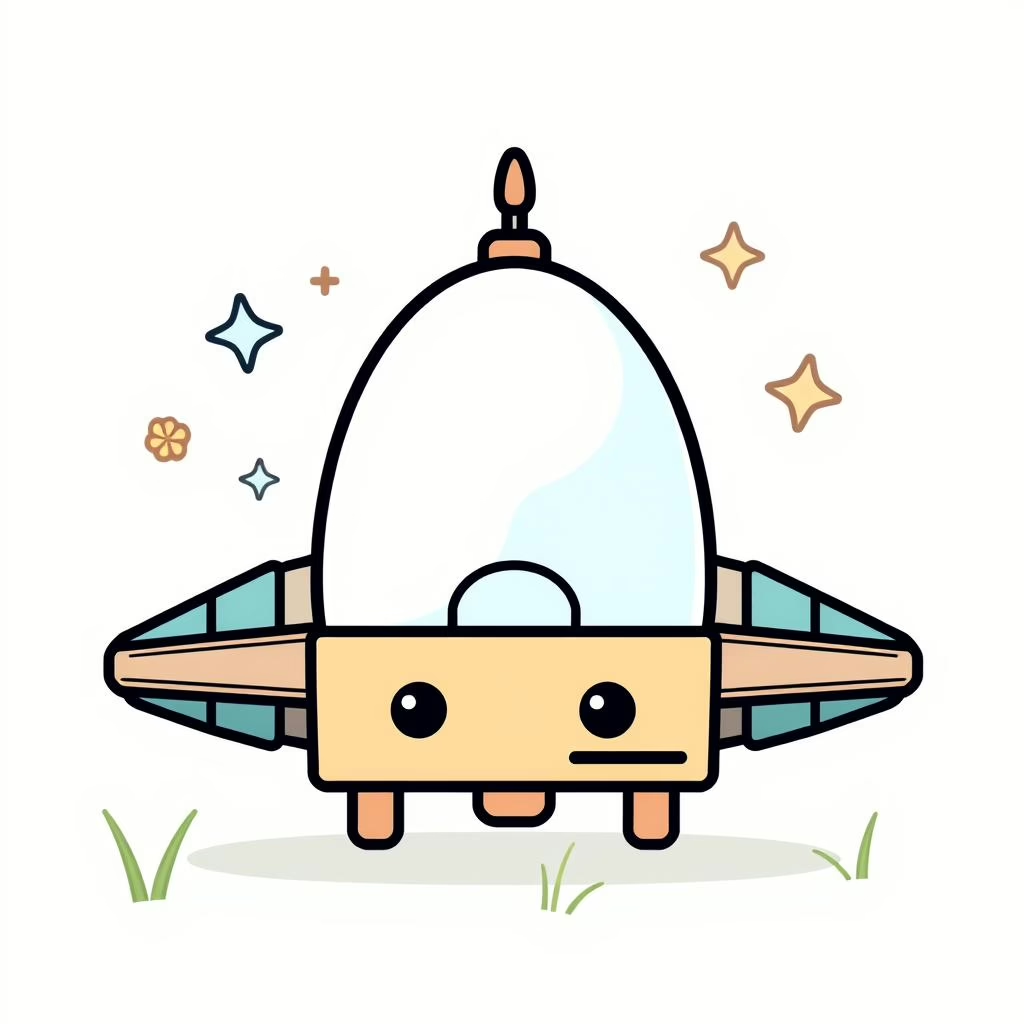
Anyway, back to our living rooms—Anguilla’s success funds schools and parks, not data centers. And that’s the golden nugget for us. On days like this, when the sun’s out and grass smells like promise, those unplugged moments matter most. Why? Because creativity blossoms where screens pause.
True story: I watched a boy turn a cardboard box into a spaceship yesterday—complete with ‘laser controls’ drawn in crayon. No app required. That’s the magic we protect: hands-on play building grit and simple joy. Try this: after 20 minutes of robot-drawing apps, swap to 20 minutes building pillow forts. Watch how ideas flow better when feet touch grass. Balance isn’t a battle—it’s weaving tech into the tapestry of life, not letting it unravel the whole thing.
Building Resilience, One ‘What If’ at a Time
At its heart, Anguilla’s story isn’t about domains—it’s about readiness. They held that ‘.ai’ asset patiently, ready when opportunity knocked. As parents, we’re planting similar seeds: curiosity today, resilience tomorrow. Every time we let kids untangle knotty problems (like why bubbles pop or how to share toys fairly), we’re growing their ‘adaptability muscle.’
So next time AI headlines flash, take a breath. Ask your child, ‘If you could invent one thing to help people, what would it be?’ Listen more than you speak. The real win isn’t raising tech experts—it’s raising humans who navigate any future with kindness and grit. After all, Anguilla’s windfall pays for community picnics and playground swings. The biggest jackpot? Preparing kids to build a world where technology serves humanity—one joyful, resilient step at a time.
Source: How a Tiny Caribbean Island Cashes in on the Global A.I. Boom, Observer, 2025/09/04
